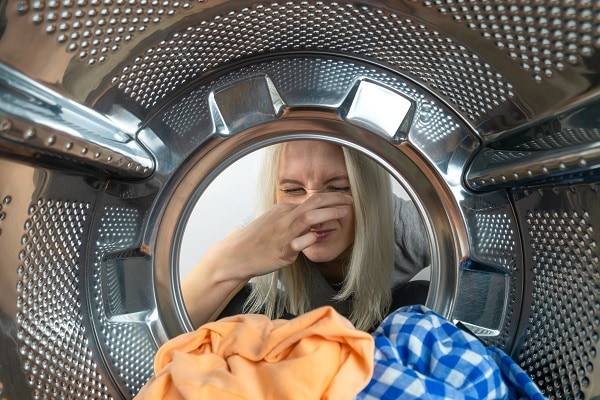Smelly Washer: Common Causes and Proven Solutions
There’s nothing worse than expecting fresh laundry and instead being greeted with a foul, musty smell every time you open your washing machine. A smelly washer not only impacts your clothes but could also indicate a deeper hygiene issue within your appliance. If you've ever asked yourself, "Why does my washer smells bad?"—you’re not alone. This blog post will explain the common causes of washing machine odors and give you actionable tips to eliminate and prevent them.
Common Reasons Your Washer Smells Bad
1. Mold and Mildew Build-Up
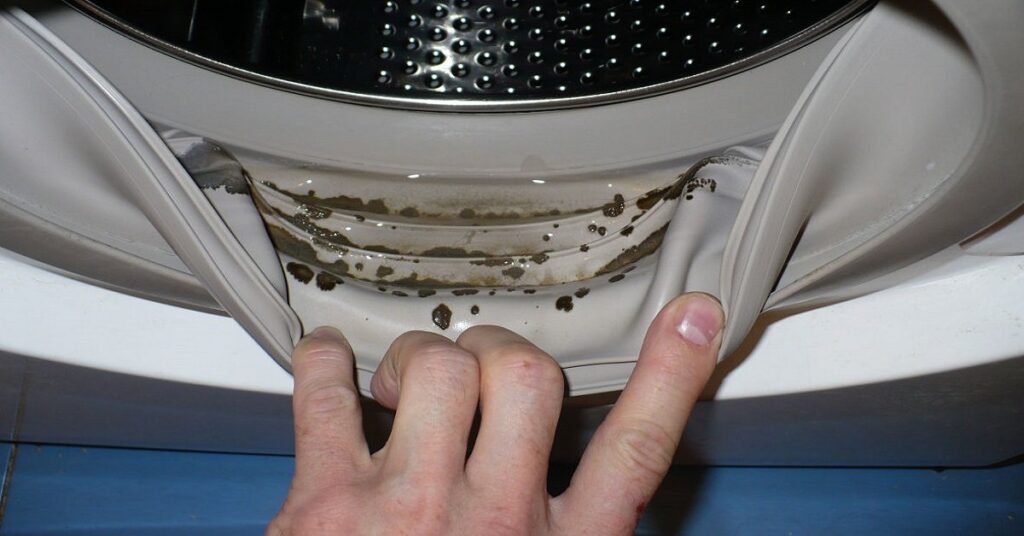
Front-loading washers, in particular, are notorious for developing mold and mildew in the rubber door gasket and detergent dispenser. These damp, dark areas are prime breeding grounds for bacteria and fungi, especially if the door stays closed between washes, which can cause your washer smells bad.
2. Detergent and Fabric Softener Residue
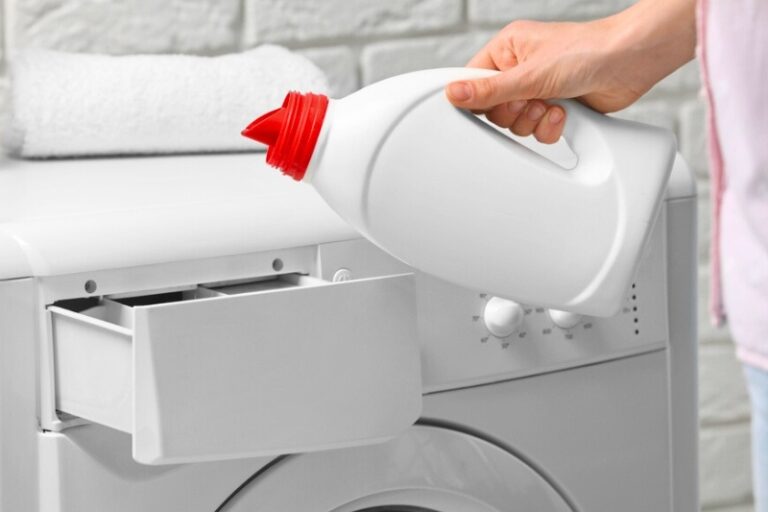
Using too much detergent or the wrong type of detergent can cause buildup over time. Instead of washing away, excess detergent can coat the drum and other internal parts, trapping dirt, grime, and bacteria. This residue is a major contributor to bad smells.
3. Clogged or Dirty Drainage System
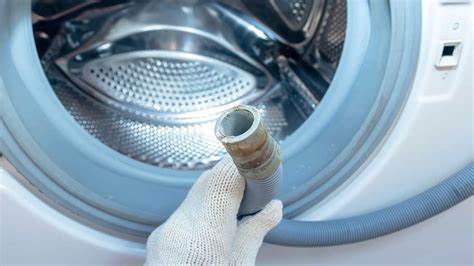
If your washer doesn’t drain properly or has a clogged drain filter, stagnant water can accumulate and start to smell like rotten eggs or sulfur. This is particularly common in machines that are not cleaned regularly or that see heavy use.
4. Poor Ventilation
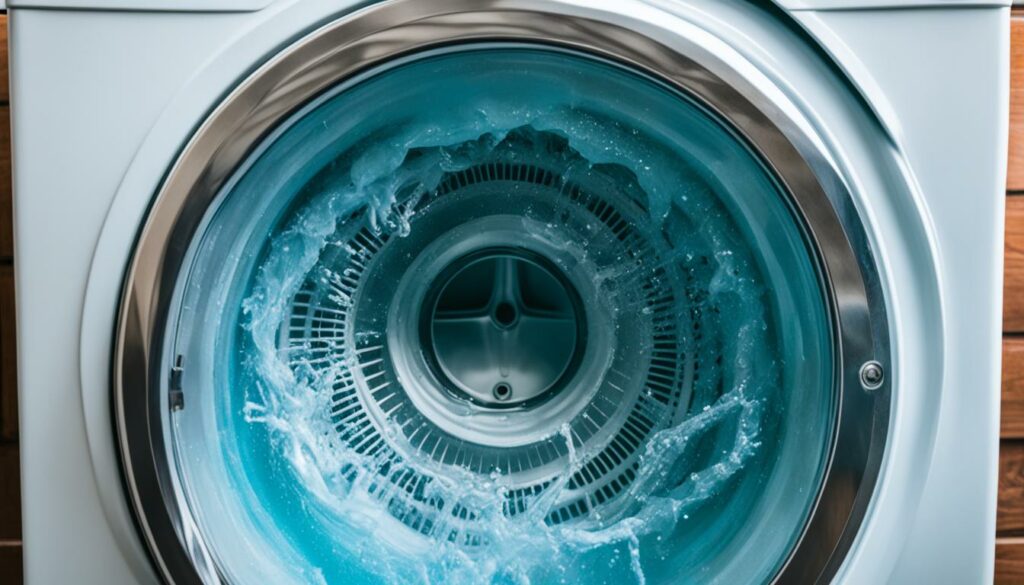
Keeping your washer door or lid closed after a wash traps moisture inside the drum. Without adequate airflow, the remaining water can’t evaporate, leading to musty odors. Over time, this moisture allows microbial growth to flourish.
5. Dirty Drum or Lint Trap

Even though it’s supposed to clean, the washer drum can accumulate lint, grime, and even pet hair. When not cleaned periodically, the debris can break down and produce a funky smell.
How to Get Rid of Washer Odors
1. Clean the Washer Drum
Run a hot cycle with no clothes using a specialized washing machine cleaner or a homemade solution of 2 cups of white vinegar and ¼ cup of baking soda. This helps kill bacteria and remove lingering detergent residue.
2. Scrub the Door Gasket
Pull back the rubber gasket and wipe down any visible mold, mildew, or grime using a sponge and a mixture of water and vinegar or mild bleach. Dry it completely when done.
3. Remove and Clean the Detergent Dispenser
Pull out the detergent drawer and soak it in warm soapy water. Scrub away buildup and rinse thoroughly before reinserting it into the washer.
4. Check and Clean the Drain Pump Filter
Most washers have a filter near the bottom front panel. Open the panel (refer to your manual), remove the filter, and clean it out—especially if you find lint, coins, or hair.
5. Leave the Door Open
After every cycle, keep the washer door and detergent drawer open to allow airflow and prevent moisture buildup.
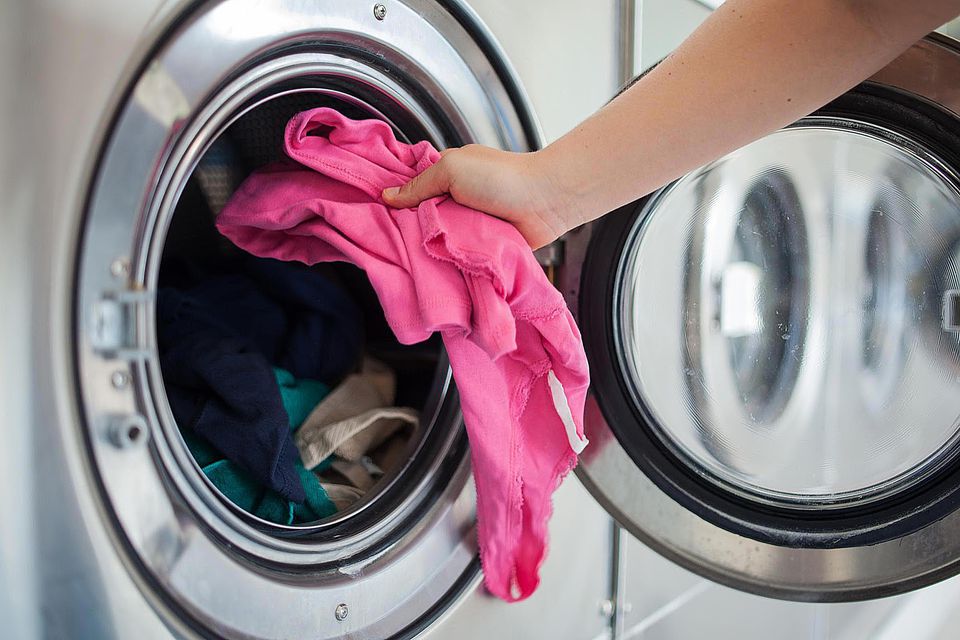
How to Prevent Washer Odors Going Forward
- Use the right amount of HE (high-efficiency) detergent.
- Wipe down the door, gasket, and drum regularly.
- Run a cleaning cycle once a month.
- Remove wet clothes immediately after the cycle ends.
- Avoid overloading the washer.
When to Call a Professional
If your washer smells bad even after trying all the cleaning methods, it might be time to call in a professional. Persistent odors can be signs of mechanical problems, such as hidden mold deep within the machine or issues with the drain hose or plumbing.
Final Thoughts
A smelly washer may seem like a minor nuisance, but it can lead to bigger issues if ignored. With regular maintenance and a few simple habits, you can keep your washing machine clean, fresh-smelling, and performing at its best.
